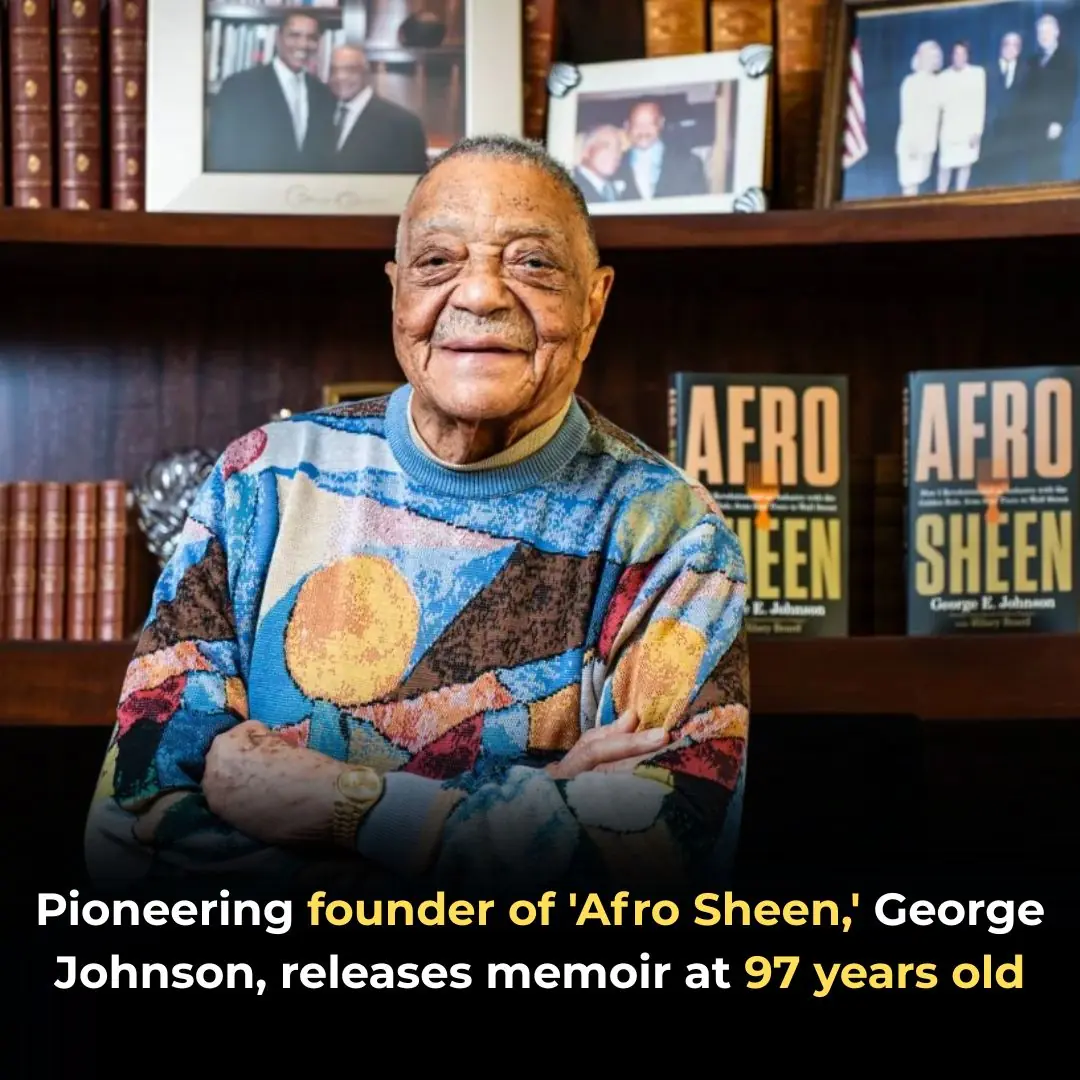
Meet Kimberlé Williams Crenshaw, the Pioneering Legal Scholar Whose Work Birthed Critical Race Theory
Kimberlé Crenshaw: The Visionary Who Reframed the Global Fight for Justice
She’s been leading the charge on justice and equity for decades—and her influence only continues to grow.
When we talk about social justice, equity, and the struggle against systemic oppression, one name rises above the rest: Kimberlé Williams Crenshaw. A pioneering scholar, lawyer, and civil rights advocate, Crenshaw has provided the intellectual tools that transformed how the world understands the intersection of race, gender, and power. Her ideas have not only shaped academic theory but also redefined public policy, legal strategy, and activism across the globe (The New York Times).

Roots of a Revolutionary Mind
Born in Canton, Ohio, Crenshaw grew up deeply aware of the inequities that shaped American society. Encouraged by parents who valued education and justice, she learned early to question authority and demand fairness. She earned her bachelor’s degree in government and Africana studies from Cornell University, studying under renowned scholar Dr. Johnnetta Cole, before pursuing her Juris Doctor at Harvard Law School. She later earned a Master of Laws from the University of Wisconsin, where she began exploring the structural nature of racial and gender discrimination (NPR).
As a law student in the early 1980s, Crenshaw noticed that most legal frameworks treated race and gender as separate issues—leaving Black women’s lived experiences largely invisible. Rather than accept this limitation, she challenged the system, giving birth to a groundbreaking idea that would reshape feminist and anti-racist thought worldwide.
Introducing Intersectionality: A Word That Changed the World
In 1989, while teaching at the University of Chicago Law Forum, Crenshaw introduced the term “intersectionality” in her landmark essay Demarginalizing the Intersection of Race and Sex (University of Chicago Legal Forum). The concept illuminated how systems of oppression—such as racism, sexism, classism, and homophobia—interlock and overlap, creating unique and compounded barriers for those who occupy multiple marginalized identities, particularly Black women.
Her theory quickly moved beyond academia. It became a foundational framework for analyzing social inequality, influencing everything from workplace diversity policies to global human rights law. According to Time Magazine, intersectionality is now “one of the most important social justice concepts of the 21st century,” helping policymakers and activists craft more inclusive approaches to equity and representation.
Academic Leadership and Global Impact
Today, Crenshaw serves as a Distinguished Professor of Law at UCLA and a Professor of Law at Columbia University, where she teaches courses on civil rights, constitutional law, and critical race theory (CRT). She has co-authored numerous landmark texts, including Critical Race Theory: The Key Writings That Formed the Movement (1995), which remains a cornerstone in legal studies (Harvard Law Review).
In 1996, she co-founded the African American Policy Forum (AAPF)—a think tank devoted to advancing racial justice and gender equality through research, advocacy, and public education. Through AAPF’s influential #SayHerName campaign, Crenshaw and her team have brought national attention to the often-overlooked stories of Black women and girls killed by police, such as Breonna Taylor and Atatiana Jefferson (The Guardian). “When Black women’s names are forgotten, justice itself becomes incomplete,” Crenshaw has said (NPR Interview, 2021).
From the Courtroom to the Classroom
Crenshaw’s influence extends well beyond academia. She has testified before the U.S. Congress on issues of race and gender bias in law enforcement and education. Her expertise has been cited in major civil rights cases and policy reforms, including those addressing workplace discrimination and police accountability (The New York Times).
Internationally, her work on intersectionality has influenced the Equality Clause in South Africa’s post-apartheid Constitution, one of the first legal documents in the world to acknowledge multiple and intersecting forms of discrimination (The Conversation). She also provided critical legal analysis during the Anita Hill hearings in 1991, shaping the national conversation on sexual harassment and power dynamics in the workplace.
A Legacy That Continues to Shape the Future
In an era when diversity, equity, and inclusion programs face renewed political attacks, Crenshaw remains steadfast in her commitment to truth and progress. She frequently conducts workshops, public lectures, and global training sessions on Critical Race Theory, helping educators and policymakers confront uncomfortable truths about systemic inequality.
In recognition of her lifelong contributions, she has been featured in TIME’s 100 Most Influential People list and received numerous honors from legal associations and human rights organizations. Yet, as Crenshaw herself often reminds audiences, her work is far from finished: “Intersectionality isn’t just a theory—it’s a lens to see who’s being left out, and a map to bring them back in” (TIME, 2020).
Because of Kimberlé Williams Crenshaw, we not only have the language to name our struggles but also the framework to dismantle them. Her legacy challenges us to imagine—and to fight for—a world where no one’s story is erased, and justice truly includes us all.
News in the same category


Blurred Vision in One Eye and a Headache

George Clinton and Rodney “Darkchild” Jerkins Honored as 2025 Songwriters Hall of Fame Inductees

Angel Reese Surprises Mom for Birthday by Paying off Her Mortgage

THIS 30-YEAR-OLD FOUNDER IS BEHIND THE WORLD’S FIRST ON-DEMAND ELECTRIC VEHICLE CHARGING NETWORK

Pioneering Founder of ‘Afro Sheen,’ George Johnson, to Release Memoir at 97 Years Old

Meet the Founder of the Only Black-Owned Dog Food Company in the U.S.

How a Legal Error Cost Justin Baldoni his $400M Lawsuit Against Blake Lively and Ryan Reynolds

Water Pepper — The Plant That Parasites Fear

Don’t Throw Away Fish Mint Roots — Here’s Why They’re a Hidden Superfood

Here’s the right way to use vinegar in cleaning

Easy DIY Fix for Cracked Bathroom Caulking

8 Reasons Why Adding Baking Soda to Your Toilet Tank Is a Must-Do Trick

Most People Do This Wrong: 10 Everyday Habits That Make Mold Grow Faster

Three Traditional Foods That Help Menopausal Women Stay Youthful and Balanced

How to Drink Honey Water Properly: Surprising Benefits, Best Times, and Who Should Avoid It

Taylor Swift reportedly beefs up security by $2M as she steers clear of spotlight at Travis Kelce’s games

How Zohran Mamdani’s aloof wife, Rama Duwaji, quietly steered his campaign from behind the scenes

Emmerdale fans spark 'recast' concern as Archie Breckle returns to the village
News Post

Tried this the other day and it did wonders!

Mix this into the cleaning water and the floor will be shiny and resistant to stains

2 Signs of Kidney Failure: If Your Morning Urine Shows This Sign, See a Doctor Immediately

Why are you absolutely forbidden to put your feet on the car dashboard, even when stopping?

Most do this wrong. 10 frozen foods you’re storing wrong

Magical Ways to Protect Wooden Furniture from Termites

The ring you pick reveals what kind of woman you are

Reason Why You Should Always Shower At Night

If You’re Not Using Castor Oil You’re Missing Out

Why You Shouldn’t Wash Rice Directly in an Electric Rice Cooker

Leaf of Life – The Healing Plant Growing in Your Backyard

You are doing it all wrong. Here's the right way to load your dishwasher

Add Lemon Juice To Vaseline To Get Younger Looking Skin

8 Methods That Clean Your Gut & Eliminate Constipation Fast! (100% Natural Remedies)

You are doing it all wrong. Here's the right way to fold fitted sheets

How to eat bread, rice, and potatoes without blood sugar spikes

You are doing it all wrong. Here's the right way to wash your towels

Silent heart attack — the pain no one recognizes in time

The HIDDEN cause of neck and shoulder pain nobody talks about
